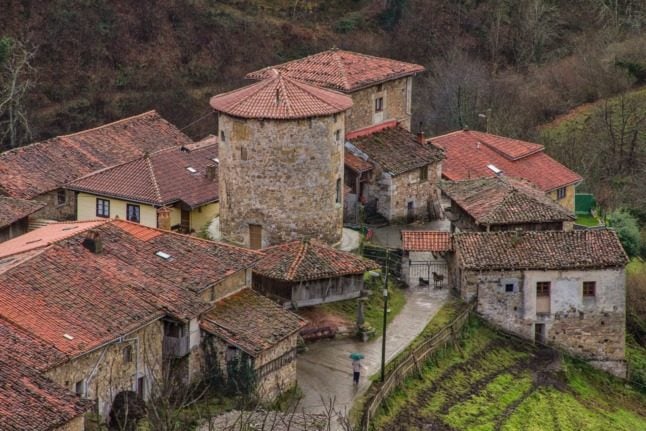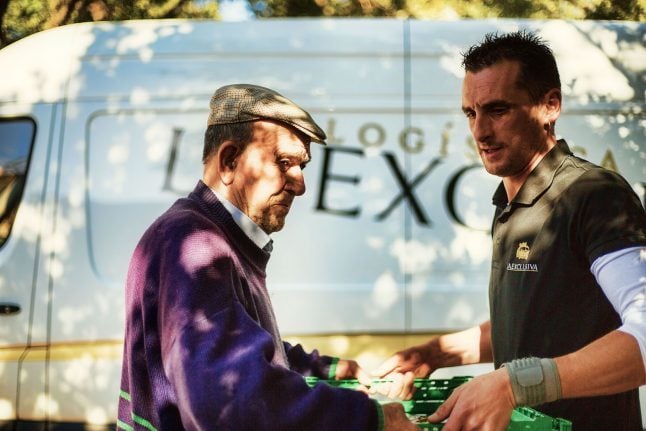A new study showed that last year the Internet created €75 billion for the German economy last year, and this figure is expected to increase to €118 billion by 2016, the Handelsblatt business newspaper reported Monday.
The study, conducted by the Boston Consulting Group, shows that the web’s share of Germany’s gross domestic product (GDP) will increase from three to four percent by 2016. This is largely due to consumers who are ordering increasing services and products online.
And although the move of traditional businesses onto the Internet means there is a loss elsewhere, “products like apps and music downloads also create new business,” according to David Dean, Internet expert at the Boston Consulting Group.
At the same time businesses are using the Internet more, for business-to-business trade and for the development of new products. The study said this was also complemented by the export of goods using the Internet for organising, investment in the expansion of Internet infrastructure, as well as its use by the state to reach people.
The economic contribution of the Internet in the G20 group of wealthiest countries should double by 2016 to reach $4.2 trillion, the study said.
The Local/hc




 Please whitelist us to continue reading.
Please whitelist us to continue reading.
Member comments